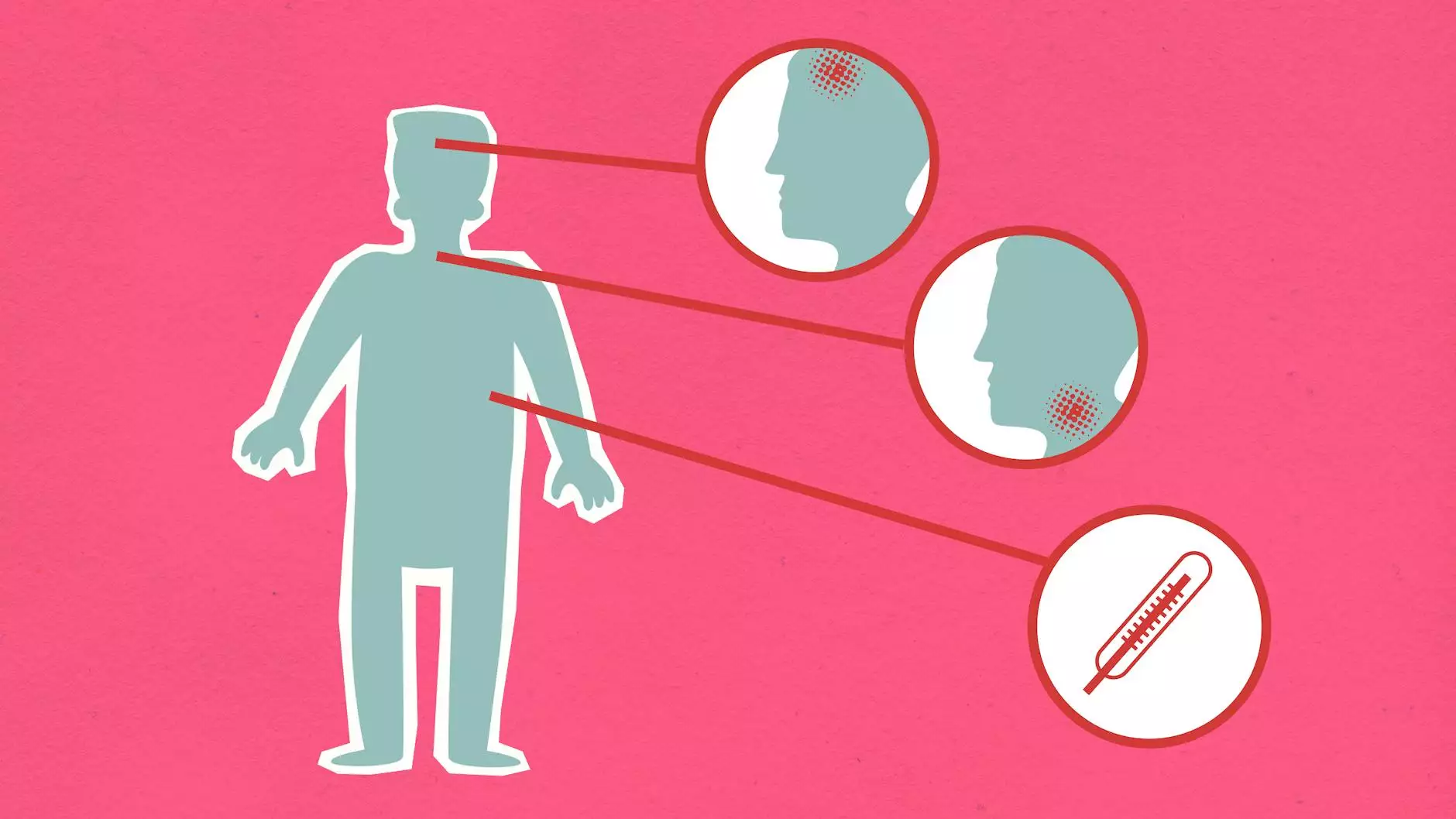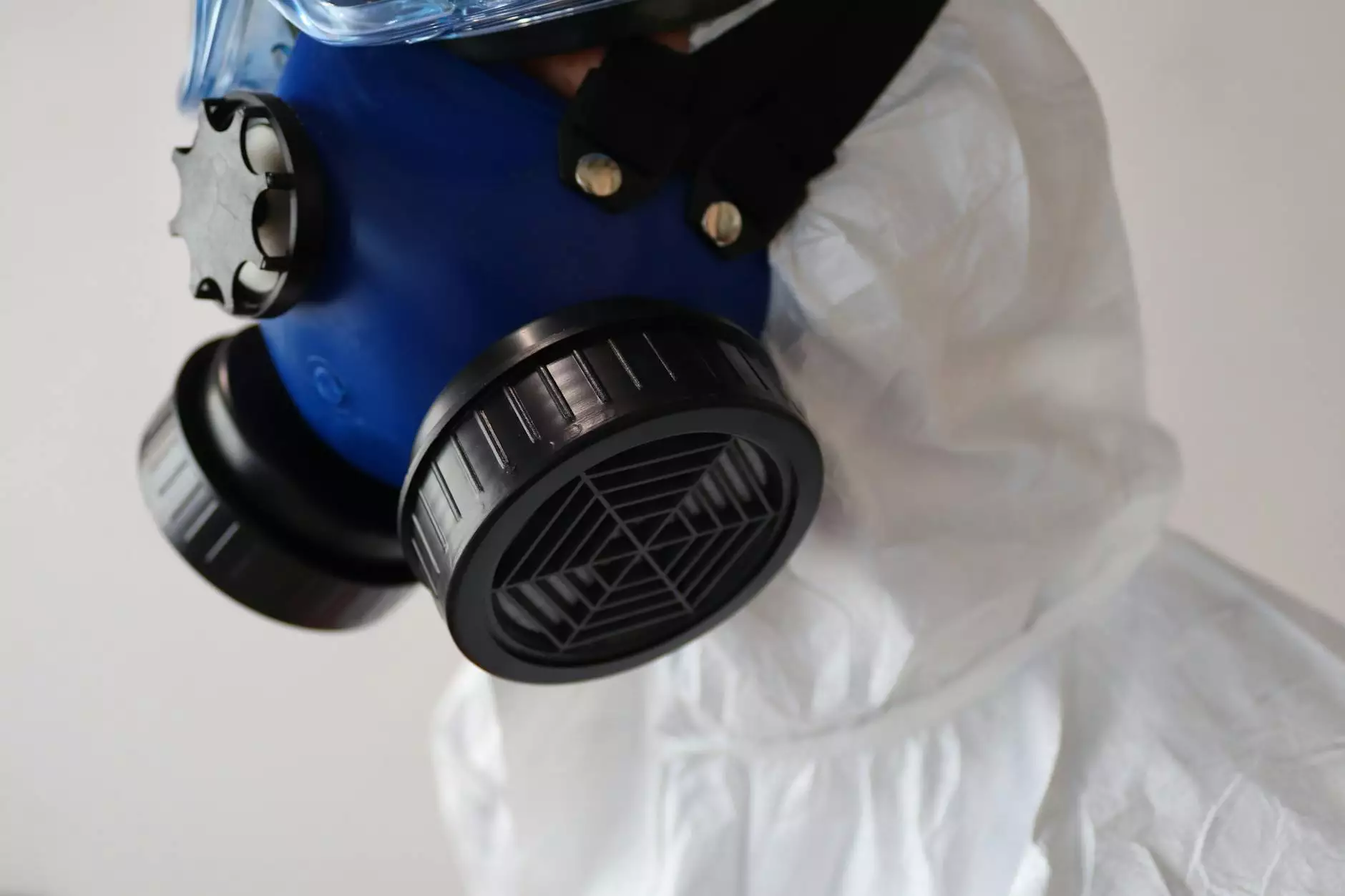Is my sore throat a sign of COVID-19?
Services
When it comes to our health, it's important to stay informed and educated. In times like these, understanding the symptoms of COVID-19 is crucial. One such symptom that many individuals experience is a sore throat. In this comprehensive guide, we'll explore the connection between a sore throat and COVID-19, providing you with accurate and reliable information.
The Link Between Sore Throats and COVID-19
COVID-19, caused by the highly contagious SARS-CoV-2 virus, manifests itself through various symptoms, including fever, cough, fatigue, and difficulty breathing. While a sore throat may not be the most common symptom, it can be an early indicator of the virus.
It's important to note that a sore throat alone does not necessarily mean you have contracted COVID-19. Many other factors, such as allergies, common colds, or other respiratory infections, can also cause a sore throat. However, in combination with other symptoms or exposure to COVID-19, it's crucial to take it seriously and seek medical advice.
Recognizing COVID-19 Symptoms
COVID-19 symptoms can vary from person to person, with some individuals being asymptomatic or experiencing mild symptoms, while others may develop severe complications. Here are some common symptoms associated with COVID-19:
- Fever: An elevated body temperature is a common symptom and can indicate the presence of an infection.
- Cough: A dry or productive cough, often persistent, can be a sign of COVID-19.
- Sore Throat: If you're experiencing a sore throat accompanied by other symptoms or exposure to COVID-19, it's essential to get tested.
- Shortness of Breath: Difficulty breathing or shortness of breath is a severe symptom that may require immediate medical attention.
- Fatigue: Feeling unusually tired or fatigued can be an indicator of COVID-19.
- Loss of Taste or Smell: Some individuals infected with COVID-19 may experience a loss or change in their sense of taste or smell.
It's important to remember that symptoms may vary in severity and presentation. If you believe you have been exposed to COVID-19 or are experiencing any of these symptoms, it is crucial to contact a healthcare professional for guidance.
Prevention and Testing
To protect yourself and others from COVID-19, it's important to follow preventive measures recommended by healthcare professionals and authorities. These include:
- Wearing Face Masks: Properly wearing masks can significantly reduce the risk of transmission.
- Practicing Social Distancing: Maintaining a safe distance of at least 6 feet from others is essential.
- Frequent Hand Hygiene: Proper handwashing with soap and water for at least 20 seconds can help limit the spread of the virus.
- Getting Vaccinated: Vaccination plays a crucial role in reducing both the severity of the illness and the risk of transmission.
Testing for COVID-19 is widely available and recommended, especially if you have symptoms or have been exposed to the virus. Contact your healthcare provider or refer to local testing facilities to get tested promptly and accurately.
Consulting with Benjamin Shettell, MD
When it comes to your health, it's always best to consult a trusted healthcare professional. Benjamin Shettell, MD, is a highly skilled practitioner in the field of Health, dedicated to providing exceptional care and accurate information to his patients. With years of experience, Dr. Shettell is well-equipped to guide you through your concerns related to COVID-19 and any other health-related issues.
Whether you have questions about symptoms, prevention, testing, or overall well-being, Dr. Shettell offers personalized consultations to address your unique needs. You can schedule an appointment with Dr. Shettell by contacting his clinic directly.
Conclusion
A sore throat can be a potential sign of COVID-19, although it can also be caused by various other factors. It's essential to consider other symptoms, exposure history, and consult a healthcare professional for an accurate diagnosis. By understanding the symptoms, practicing preventive measures, and seeking medical advice when needed, we can navigate through these challenging times and prioritize our health and well-being.










